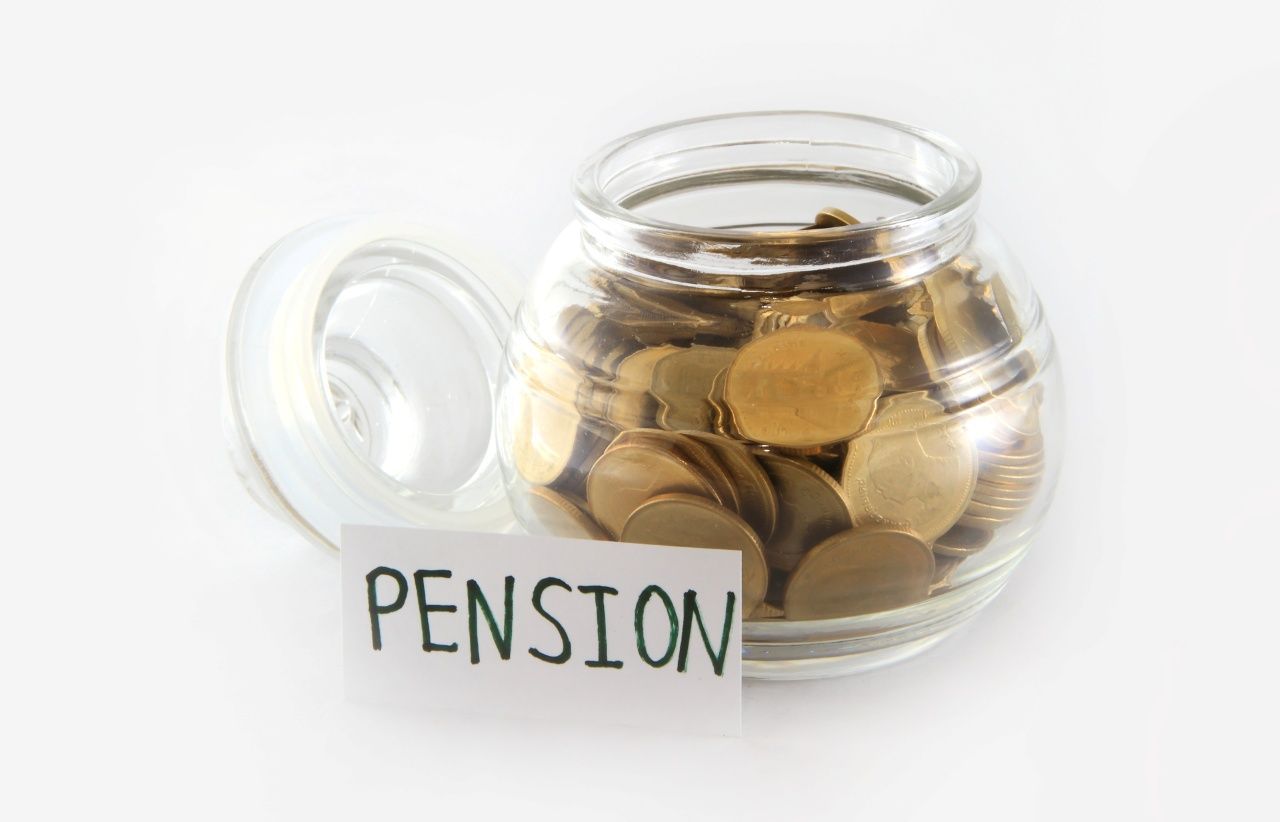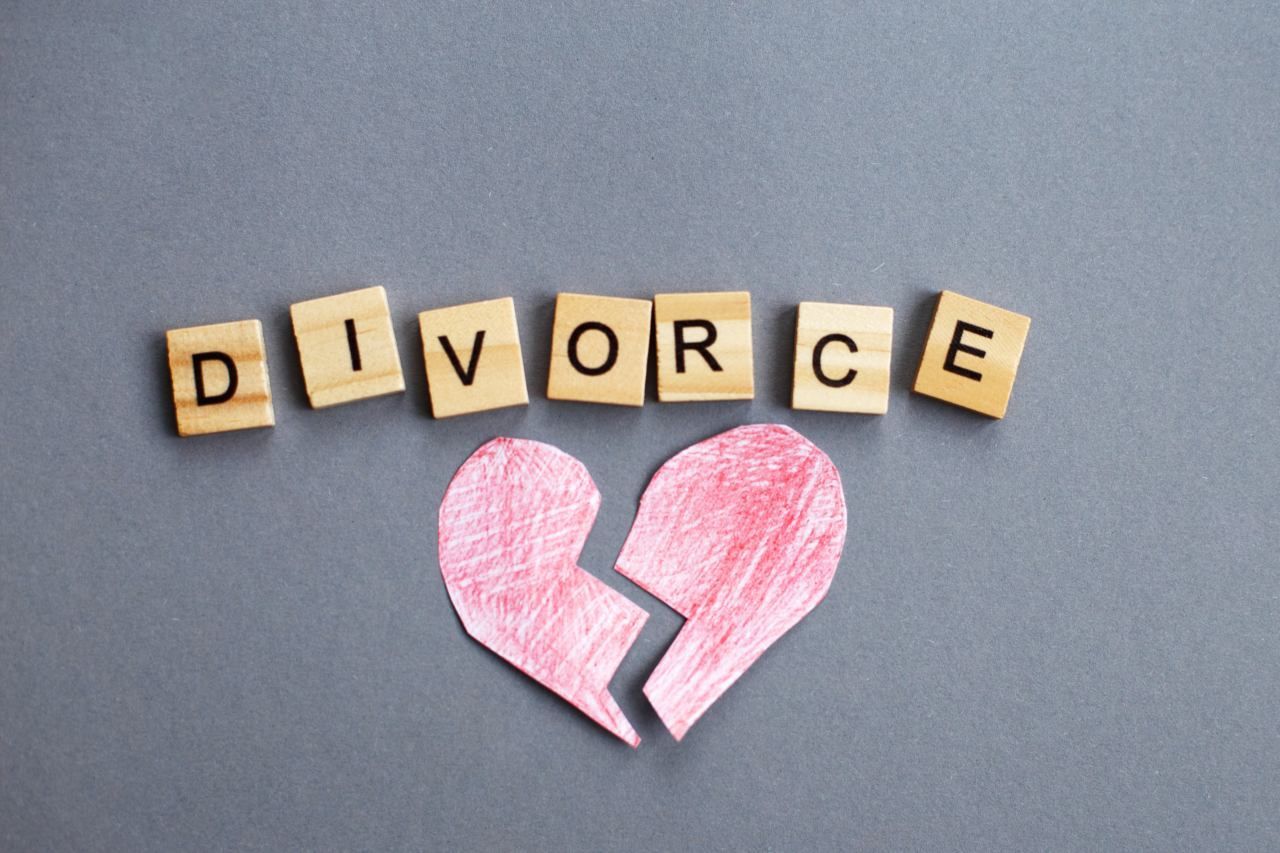Spousal Maintenance in the UK: Everything You Need To Know

Divorce brings a wave of challenges, with finances often topping the list of worries. If you're splitting up and wondering about ongoing financial support between you and your ex, you're in the right place. Let's cut through the legal jargon and get to the core of what spousal maintenance really means for UK couples.
What Is Spousal Maintenance?
Put simply, spousal maintenance is money paid regularly by one ex-spouse to another after they've divorced or dissolved their civil partnership. It's not about punishment – it's about recognising that sometimes, one person might struggle financially after a split while the other can afford to help.
Unlike payments for children, which are handled separately, spousal maintenance focuses solely on supporting an ex-partner who can't immediately support themselves. Each arrangement is as unique as the relationship that preceded it. For help with your specific situation, our team provides tailored solutions for legal family concerns that address your particular needs.
Who Is Entitled to Spousal Maintenance?
The courts don't hand out maintenance orders like sweets at a party. They look closely at:
- Your income gap – Is one of you earning significantly more than the other?
- How long you were married – A 20-year marriage creates different expectations than a two-year one.
- Your lifestyle during marriage – What standard of living were you accustomed to?
- Your age and health – These can impact your ability to work and earn.
- Childcare commitments – Looking after children affects earning potential.
- Your financial landscape – Both now and looking ahead.
A common myth worth busting: this isn't a gendered issue. Men can receive maintenance from ex-wives just as women can from ex-husbands. It's about money, not gender.
But if you are wondering about gender-based financial entitlements, feel free to take a look at what wives are entitled to in divorce settlements in the UK over on our blog.
How Spousal Maintenance Payments Are Calculated
There's no magic calculator that spits out a maintenance figure. Instead, judges weigh up:
- What the receiving person genuinely needs
- Whether the paying person can actually afford it
- Each person's income now and potential earnings later
- Any other money or assets in the mix
Rather than following a strict formula, judges use their judgment based on the facts of your case. Their aim is to help the receiving party become financially independent when possible, while making sure they can pay their bills in the meantime.
How Long Does Spousal Maintenance Last?

Maintenance isn't necessarily a forever arrangement. It might be:
- A set time period – "You'll receive payments for three years, then they stop."
- Until a significant life event – Such as death or remarriage.
- A nominal amount – Just £1 a year to keep the option open if circumstances change.
- A clean break – Where possible, courts prefer to settle things once and for all.
The trend these days leans toward time-limited orders rather than open-ended commitments. This is because courts want to see both parties moving toward financial independence where possible.
Common Misconceptions About Spousal Maintenance
"Spousal maintenance is guaranteed after every divorce."
Nope. The courts expect adults to support themselves where possible. Maintenance only comes into play when there's a genuine need and an inability to achieve financial independence straight away.
"Only women can receive spousal maintenance."
The law doesn't care about gender – only about financial circumstances. Men can and do receive maintenance when they need it.
"Payments last forever."
Rarely true these days. Most orders now come with end dates or review points, pushing toward eventual financial independence.
"It's based on emotional distress or wrongdoing."
The courts aren't interested in who did what to whom. This is about money and need, not blame or punishment.
Final Thoughts
Spousal maintenance isn't a one-size-fits-all concept. Your friend's experience might bear no resemblance to yours because every relationship and financial situation differs.
If you're facing divorce and trying to make sense of maintenance, getting proper legal advice early can save you stress and money. The rules around spousal support continue to shift, and staying informed about your rights is your best protection.
Remember, the goal isn't to keep one person dependent on another forever. It's about creating a bridge to financial independence while ensuring that nobody falls into hardship because of divorce.
Get In Touch
All Rights Reserved | Skylark Hill Solicitors












